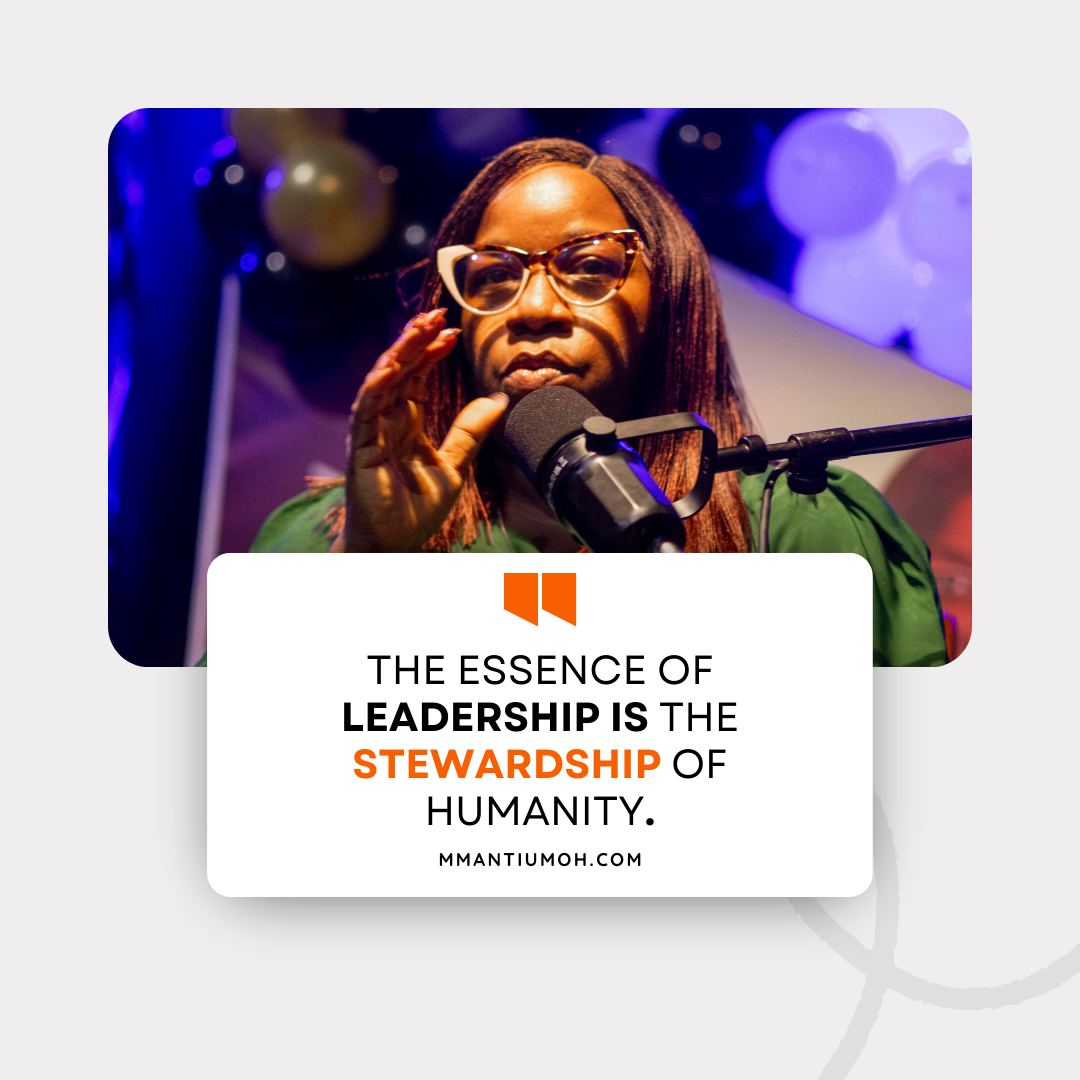
In every corner of the world, leaders are constantly navigating complexity. They are surrounded by forecasts, performance indicators, cost-benefit analyses, and the ever-expanding universe of data dashboards. These numbers shape decisions, define strategies, and often serve as the final word in high-stakes deliberations.
But ask any leader who has had to make a truly consequential decision, and they will tell you this: the hardest choices are rarely about numbers. They are about people.
Spreadsheets do not capture the grief in telling a long-serving executive that the organization has outgrown their leadership. Metrics do not measure the anguish in choosing to shutter a division, knowing it will impact hundreds of families. No quarterly report accounts for the quiet courage it takes to pause an expansion plan because the conditions compromise human dignity or rights.
Numbers may guide. But people carry the weight.
The Limits of Numbers in Leadership
Numbers offer clarity, but they cannot offer conscience. They tell you what is; they cannot tell you what ought to be. Behind every figure lies a human story: the factory worker navigating rising costs of living, the teacher nurturing potential in underfunded schools, the young innovator whose future depends on a leader’s willingness to take a chance.
The data will tell you productivity is down. It will not tell you that the dip is because your team feels unseen, unheard, or undervalued. The balance sheet can show growth in revenue, but it cannot reveal erosion of trust among the very people whose hands built that growth.
This is why the finest leaders never confuse the numbers with the narrative. They interpret, yes. They decide, certainly. But they never forget that leadership is ultimately a human vocation.
Leadership as a Human Obligation
At its core, leadership is stewardship. It is the sacred responsibility to weigh efficiency against dignity, innovation against stability, ambition against integrity.
True leadership lies in navigating these tensions:
- Choosing responsibility when growth tempts recklessness.
- Preserving trust even when expedience seems cheaper.
- Protecting dignity even when efficiency demands sacrifice.
The leaders who endure are those who understood that their decisions did not just shape outcomes—they shaped lives.
Courage in the Age of Metrics
We live in a time obsessed with quantification. Data is powerful; it allows us to see patterns, predict behaviors, and optimize performance. But the temptation to lead only by what can be measured is dangerous.
Not everything that matters can be counted, and not everything that can be counted matters.
The real test of leadership is courage—the courage to look beyond the metrics, to confront the human implications, and to hold people, not just performance, at the center of decision-making.
Because long after the graphs fade and the reports gather dust, what remains is how leaders treated people in their pursuit of progress.
History does not remember who met every quarterly target. It remembers those who led with integrity, who preserved dignity, who made decisions not just for profit but for people.
And that is the essence of leadership: not the mastery of numbers, but the stewardship of humanity.
About the Author
Mmanti Umoh is a policy advisor, education reform strategist, and thought leader at the intersection of governance, inclusion, and technology. She brings a wealth of expertise in shaping forward-looking policies and advising governments, institutions, and organizations on building education systems that prioritize people, equity, and innovation. With a career dedicated to reimagining leadership and decision-making, she leverages her deep insights to guide high-level leaders toward choices that balance growth with human dignity.


